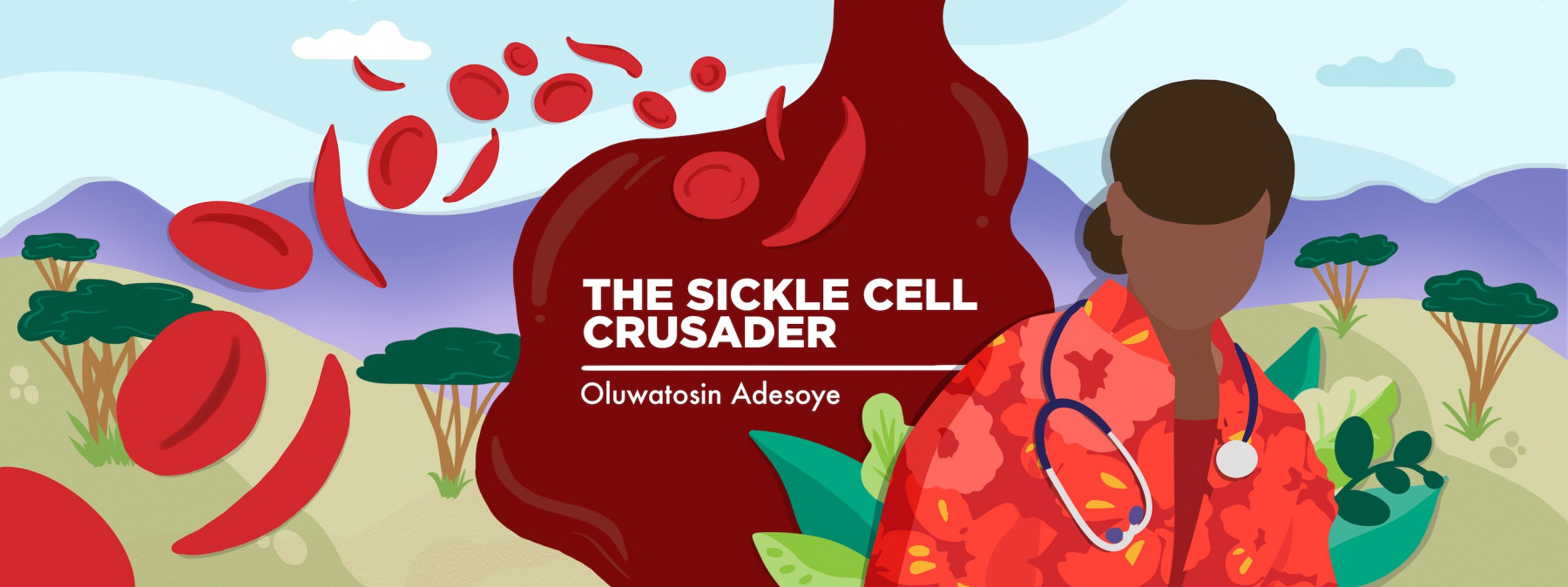Despite sickle cell disease hardships, I focus on pursuing happiness
There are many ways to seek happiness while living with chronic illness
Written by |

Chronic diseases and pain can sometimes take away one’s happiness. They are proven predisposing factors for depression.
In my case, sickle cell disease has been challenging. Living with frequent acute pain episodes, chronic pain, and numerous sickle cell complications can easily snuff out your happiness, especially if you have moderate to severe disease.
I remember dealing with atypical depression in my early 20s because my perfect life suddenly became imperfect due to numerous sickle cell complications. Some complications I had then affected how I walked, which took its toll on my mental health. At one point, it started to affect my performance in college, and only the fear of losing everything made me find my way back.
Since then, I have learned to prioritize my happiness. I adopted some life principles that have helped sustain that happiness.
My approach
First is self-love. My self-love is unequaled because I’ve learned to love myself and my challenges, look beyond the challenges, and appreciate the numerous sickle cell battles I’ve fought and won. Looking back on the types of battles I’ve survived can only give me a superiority complex at this point and never an inferiority complex. I adore my extraterrestrial strength because what I’m surviving could have killed others. Knowing this, I give no one the right to disrespect me or my struggles.
I also show self-love by paying attention to my health, taking precautions, avoiding crisis triggers, taking my medications, and attending clinics as required. Other tips include eating a healthy diet, exercising (for those who can), socializing and joining support groups, engaging in various relaxation techniques, and seeking professional help when needed.
I’m very intentional about my happiness. I intentionally do things that excite me and make me happy.
It’s OK to sometimes be down and cry — I occasionally do that. But I don’t allow things to get me down for long because that only worsens the situation.
I spend more time being a problem-solver than I do crying. Whenever I encounter a problem, I’ll quickly go into a mode of finding solutions, calculating, and being strategic. I love discovering solutions to challenges, and I usually do. Still, on rare occasions, some problems can be tough to solve. When there’s no solution in sight, I learn to accept it and love the situation in order to protect my happiness. Doing this can be challenging, but I’ve managed it, and you can, too.
Staying away from negativity is also very helpful. If negativity comes from your social media and affects your mental health, block it! If it’s from other people, find a way to avoid it, even if they are family.
Another way I choose my happiness is by being around people who love and care for me, and vice versa. Positive vibes promote happiness. If you can help it, don’t spend a lot of time alone. Spend it with loved ones and others who care about you and are full of positivity.
You should also avoid comparing yourself with others. They say comparison is the thief of joy, and I agree, as everyone’s life, struggles, and timing are different.
Never allow your illness and the challenges you face to render you hopeless and dreamless. Sometimes our challenges require us to discard a dream. If that happens, make sure you choose another achievable goal to pursue. I’ve had to let go of some of my dreams, but it didn’t stop me from having new and more remarkable goals to achieve.
I always say this: If you find obstacles on your path, find another way to your destination. Putting yourself in a hopeless state will negate your happiness.
Learning contentment has helped me immensely. A lack of contentment causes envy, sadness, and bitterness and destroys happiness.
For working adults, unemployment and a lack of personal funds can destroy happiness. Find a source of income if you can, go to school, or learn a new skill. Not everyone can be an heiress to an empire, but even they work hard, too. So plan for your future.
My faith has greatly helped me maintain my happiness. Believing in a supreme being upon whom I can sometimes cast my burdens helps.
For people living with sickle cell disease, it’s crucial to maintain happiness for good health. Sadness is an emotional trigger of a sickle cell crisis. So always cater to your health to sustain happiness.
Happiness is often both a feeling and a choice. You can choose to be happy regardless of chronic disease. Make your happiness your ultimate priority.
Note: Sickle Cell Disease News is strictly a news and information website about the disease. It does not provide medical advice, diagnosis, or treatment. This content is not intended to be a substitute for professional medical advice, diagnosis, or treatment. Always seek the advice of your physician or other qualified health provider with any questions you may have regarding a medical condition. Never disregard professional medical advice or delay in seeking it because of something you have read on this website. The opinions expressed in this column are not those of Sickle Cell Disease News or its parent company, Bionews, and are intended to spark discussion about issues pertaining to sickle cell disease.




Leave a comment
Fill in the required fields to post. Your email address will not be published.